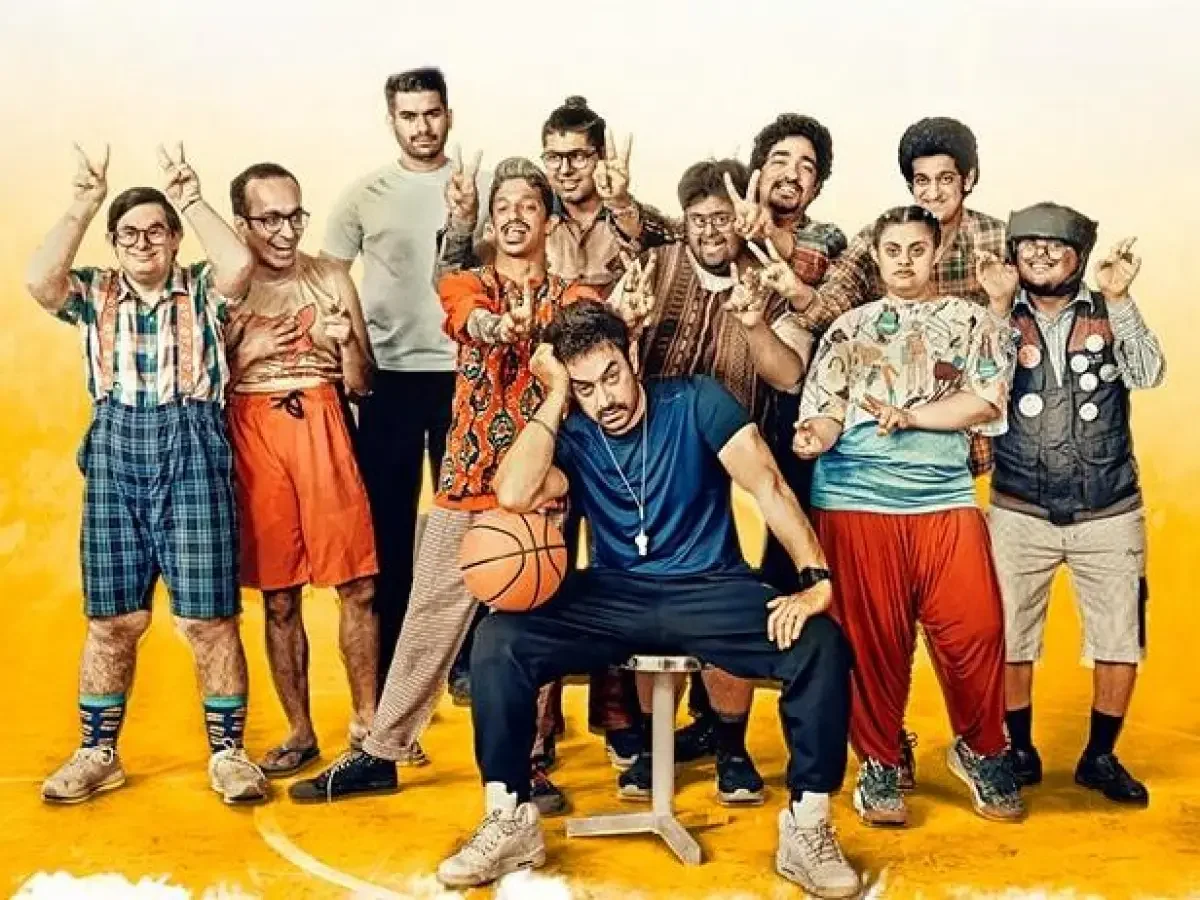Redefining Neurodiversity - "Sitaare Zameen Par"
A Blog from our parent
There is a proverb in Tamil which literally translates to "Whether it be headache or fever, one will know how exactly it feels only when one gets it". The same is true for us parents of neurodiverse kids - every other person around us feel that they can understand what we are going through or our child is going through, where the opposite is the truth. A person can never understand the daily small joys, the many struggles and strains that we go through on a daily basis, unless and until they also are sailing in the same boat.
Particularly, in a society where even neurotypical children are not allowed to be children - let's face it, they are supposed to be a master of all trades, whether they can be one or not - our children, who develop at their own pace, have always been, are and will always be sidelined. A society which can't accept nor appreciate mediocrity amongst the neurotypicals, cannot understand and accept the simple world of our children.
This is why a movie like 'Sitaare Zameen Par' is very important. Many of you might know of this movie and for those of you who don't, this movie is about a disgraced basket ball coach, who is asked to train a team of neurodivergent adults, as a punishment for the infraction of driving under the influence of alcohol. The movie takes its viewers into the world of these people, through the eyes of the coach, a man who initially refers to them as 'paagal log' but ends up learning to see them as people who are just different from others.
This movie is an excellent example of how a popular medium can be used to educate people subtly and interestingly. The way it captured the lives of the family of these neurodivergent adults, their simple joy and their simplistic approach towards life has won hearts across the country and so it did mine. The treatment of the story forces everyone, whether they have experience of handling neurodivergent people or not, to look at neurodivergent individuals as people deserving dignity, respect and empathy rather than as objects of ridicule or sympathy.
But the most important and my most favourite dialogue of the movie is this - "sabka apna apna normal hai.", which translates to "Everyone has their own normal". The movie has made an effort to redefine the common man's perception of "normal". It drives home the simple point that just because the vast majority looks at the world one way doesn't make that the "normal" or the only way of looking at it.
By the time the scene after the final match in the movie unfolds, every one of us can observe the changes in our perspective of life and the way we look at it. And even a close minded person will finally understand why the world also needs these differently thinking people.
Parent from DCCD


